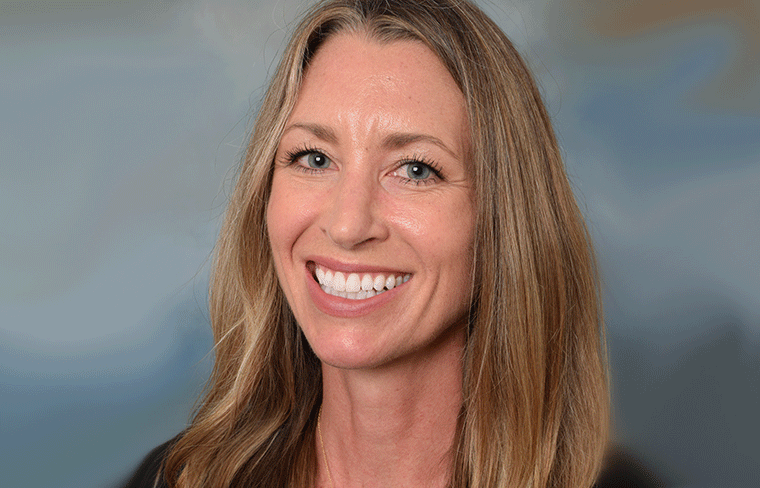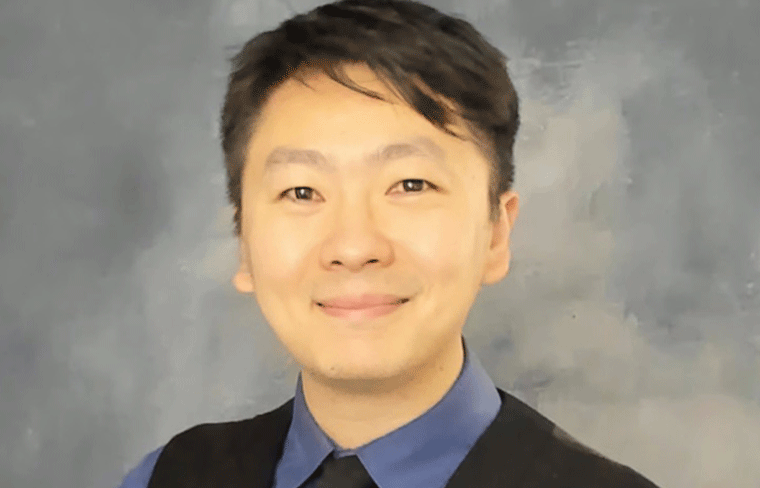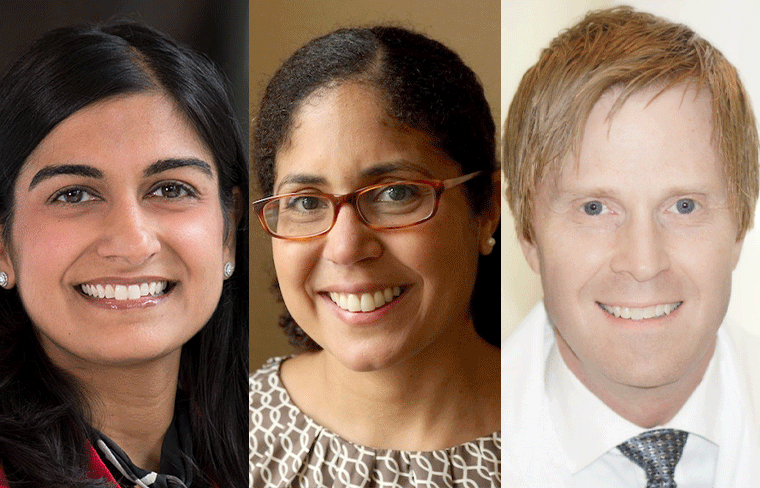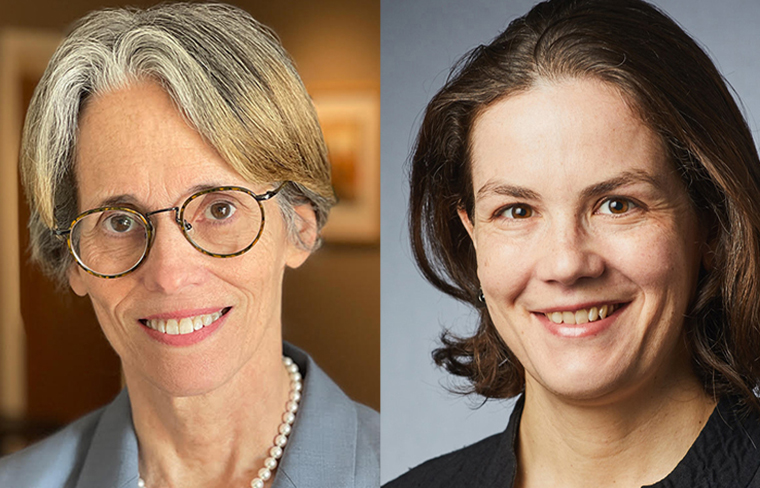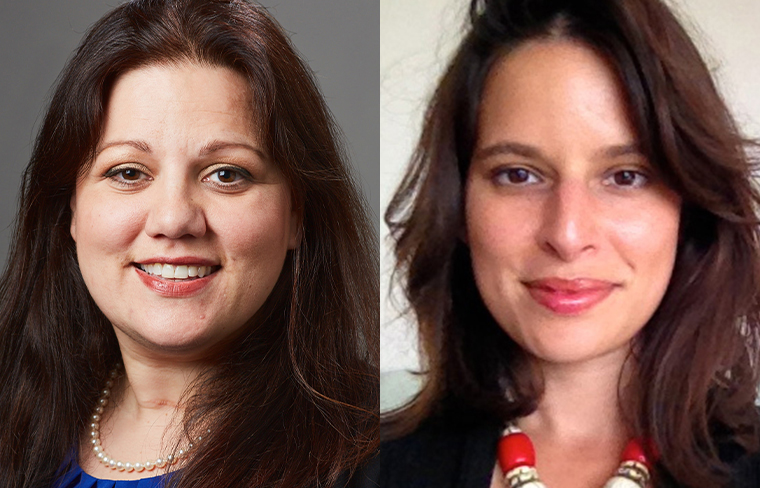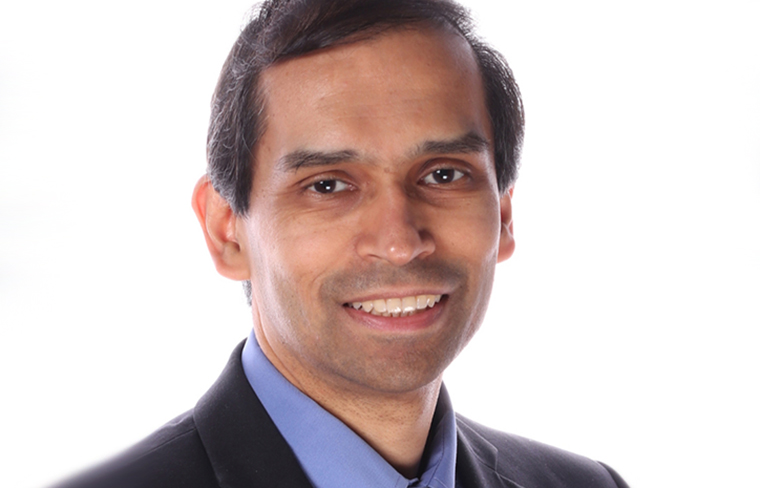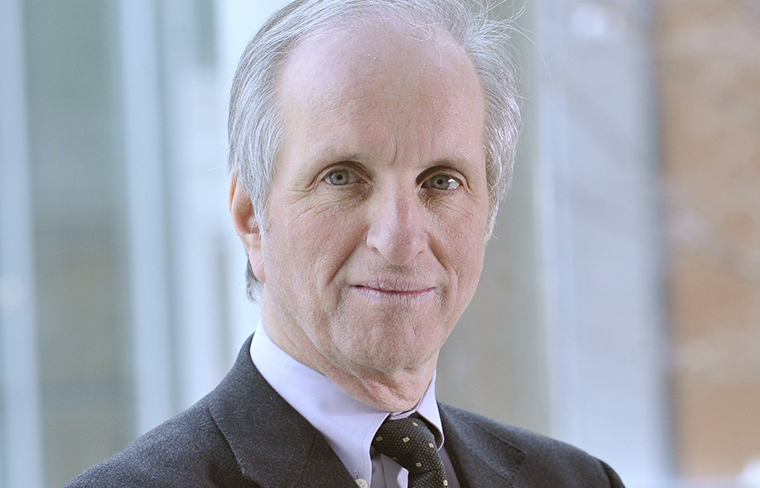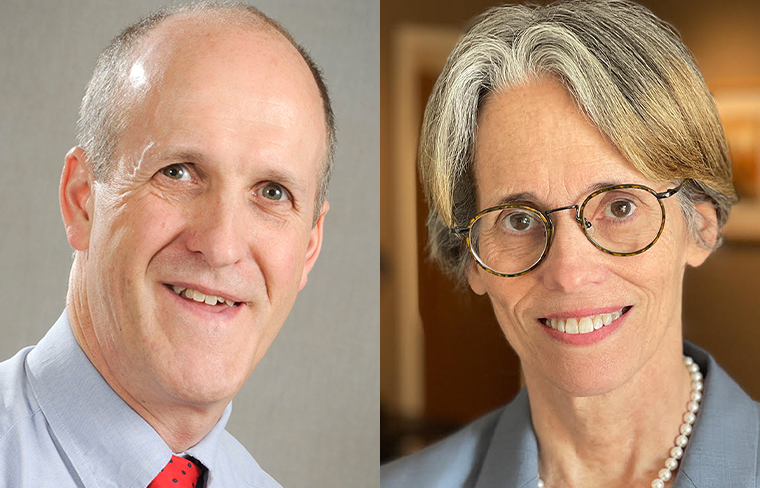-
Beyond carb counting: Emerging technology offers new insights into the dynamics of macronutrients and blood glucose
“You could eat a diet of bacon and diet soda all day long and you’d manage your glucose really well. But that wouldn’t be good for your whole health,” said Holly Willis, PhD, RDN, LD.
-
Weighing the costs vs. benefits of SGLT2 inhibitors and GLP-1 receptor agonists
Hui Shao, MD, PhD, will discuss the financial implications these classes of agents, which have transformed diabetes care for individuals who also have cardiovascular disease, have brought to the health care system.
-
Experts will discuss the impact of social justice issues on vulnerable diabetes patient populations
Shivani Agarwal, MD, MPH, Shakira Suglia, ScD, MS, and J. Frank Wharam, MD, MPH, will examine strategies to address risks influenced by social needs and to improve outcomes.
-
Debate to consider value of digital coaching for type 2 diabetes
The digital diabetes care market will be worth upward of $700 million in 2022. Anne L. Peters, MD, and Kasia J. Lipska, MD, MHS, BS, will explore whether it is worth the cost.
-
Despite therapeutic advances, prevention and management of hypoglycemia still susceptible to ‘thinking traps’
Jennifer Sherr, MD, PhD, will highlight new glucagon formulations for treatment, and Nicole de Zoysa, DClinPsych, will review the impact of overcoming psychological obstacles on optimal hypoglycemia management.
-
Experts will examine emerging trends in pancreas transplantation
The average ages of patients who are potentially eligible for pancreas transplantation and of potential organ donors are on the rise, but that is not the only challenge for this sector of the diabetes community, as Eelco J.P. de Koning, MD, PhD, will explain.
-
Researchers will provide new data from SCORED and SOLOIST trials
A combined SGLT1/SGLT2 inhibitor may be the next addition to the armamentarium of drugs for patients with diabetes. Deepak Bhatt, MD, MPH, will explain why and take a comprehensive look at data from recent clinical trials of sotagliflozin.
-
Investigators to share first cardiovascular outcomes results from AMPLITUDE-O
Hertzel C. Gerstein, MD, MSc, FRCPC, will offer insight into the use of an exendin-based GLP-1 receptor agonist in people with type 2 diabetes and high cardiovascular risk.
-
ADA and EASD draft first consensus report on type 1 diabetes in adults
Richard I.G. Holt, PhD, FRCP, and Anne L. Peters, MD, and their writing team will summarize the key topics addressed by this trans-Atlantic collaboration.
-
Diabetes self-management training goes virtual for VA and Defense Department
Veterans and active-duty military personnel with diabetes can now receive self-management education in a simulated environment.
